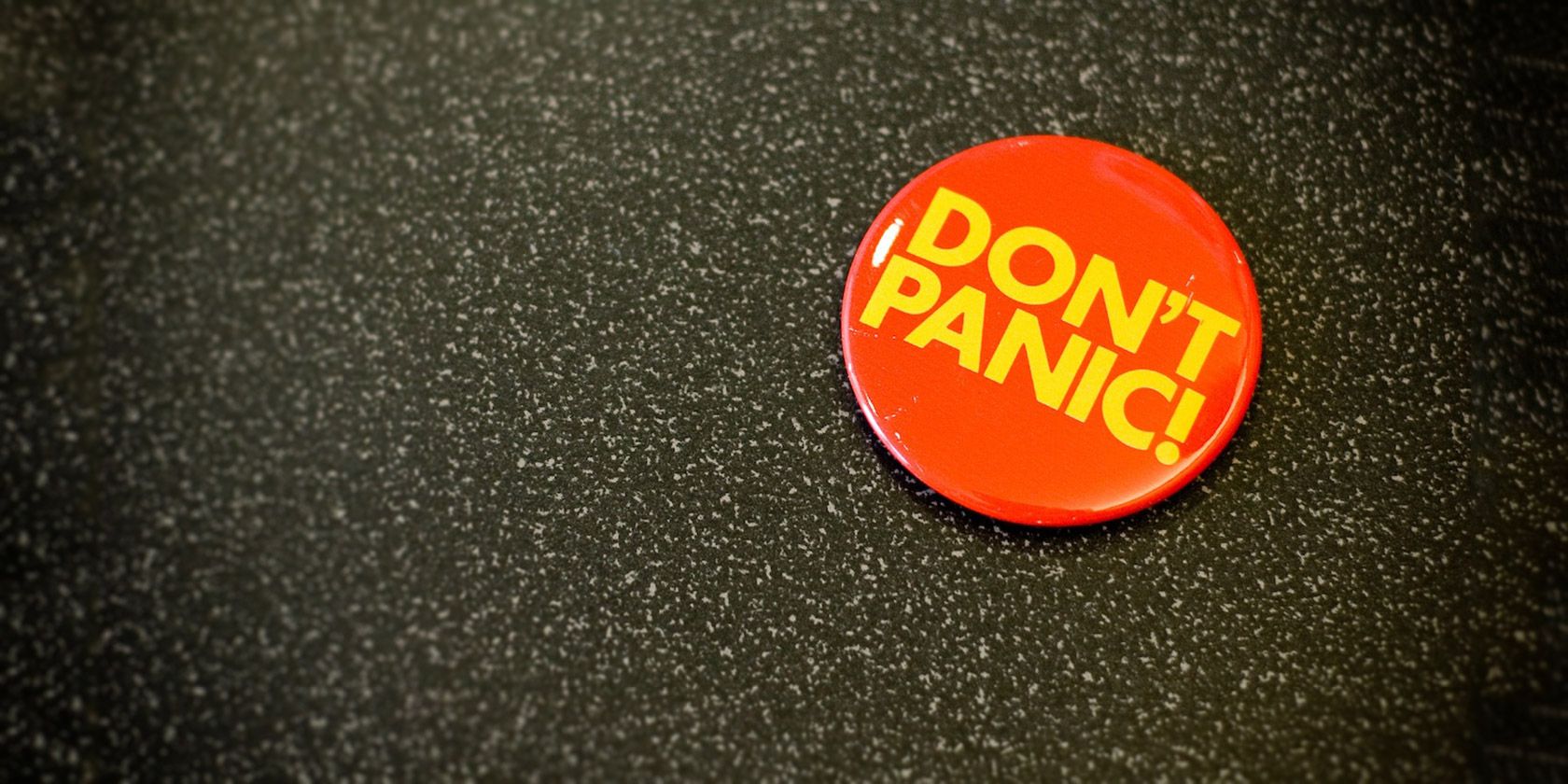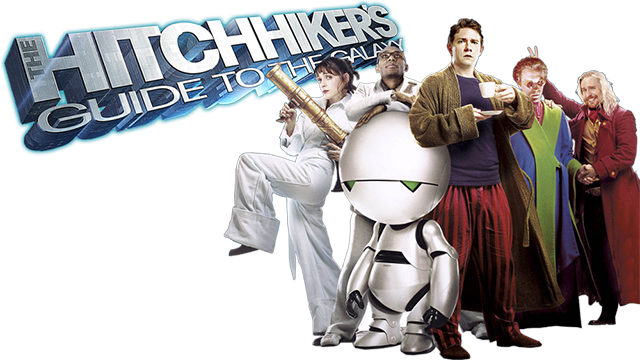"That's not what happened in the books!"
If previous seasons are any indication, a subset of Game of Thrones fans are going to be yelling this a lot at their TVs for the next few Sundays. They'll probably tweet, and leave angry comments, about changes they don't like.
They shouldn't.
Mediums have different strengths and weaknesses, and adapting a text from one medium to another sometimes calls for substantial changes. Perhaps no one understood this better than legendary science fiction author Douglas Adams.
The Hitchhiker's Guide to Adaptations
"In the beginning the Universe was created. This has made a lot of people very angry and been widely regarded as a bad move." -Douglas Adams
Adams is best known for The Hitchhiker's Guide to the Galaxy, a story that begins with the destruction of Earth to make room for a hyperspace bypass, and only gets weirder from there. If you're not familiar with this body of work, you should be – it's a delightful blend of science fiction, comedy, and philosophy.
But there's a caveat: I wouldn't start with the 2005 film, The Hitchhiker's Guide to the Galaxy. Created after decades of production hell – and years after Adams' death in 2001 – the tone of the film was… off.
The movie is terrible for a lot of reasons, which I'm not going to get into here. But one common complaint is that it wasn't faithful enough to the book.
It makes sense that people feel this way: the book version of this story is beloved by millions, and the movie… isn't. But the book also isn't the original version of the story: it's an adaptation of a radio show.
"It was a substantially expanded version of the first four episodes of the radio series, in which some of the characters behaved in entirely different ways and others behaved in exactly the same ways but for entirely different reasons, which amounts to the same thing but saves rewriting the dialogue". -Douglas Adams, Introduction, The Ultimate Hitchhiker's Guide to the Galaxy
Almost, But Not Entirely, Unlike the Book
That's right: Adams wrote the first book in the five-part trilogy after initially writing the story for a BBC radio drama (a clip of which, complete with fan animation, is shown below).
He later put together a TV version, complete with animations of the famous guide entires.
That's not all: there's an amazingly frustrating text-based video game, and a script for a stage adaptation. There's an album version of the radio play, that's shorter, and there's an audio book version, which is not to be confused with the radio play version – it's a reading of the book version.
Confused yet?
It's important to note that none of these versions are consistent. Adams kept tweaking the story, adapting it to different mediums and making all kinds of changes to the plot to make it better serve its medium:
"Moving something from one medium to another is very interesting — it’s a lot like carrying a picture or a piece of clothing from one bit of lighting to another. Suddenly it looks very different. What interests me a bit further down the line is the way in which the different media interrelate — you can hand things off from one to another, you can exploit each other’s strengths and weaknesses." -Douglas Adams, Salon.com interview
Adams also wrote much of the script for the 2005 movie. We won't know how much Hollywood changed things until someone leaks the original script, but I suspect it's a lot (WikiLeaks: get on it!)
Don't Panic; Do Share and Enjoy
Adams' ability to recognize the relative strengths and weaknesses of different mediums is what allowed his story to make the transition from radio drama to novel.
The book may be the version of Hitchhiker's Guide that's most popular, but it's far from the "real" version of the story. There's no such thing: arguing over which is the "correct" version of a fictional story shows a fundamental lack of understanding of the meaning of the word "fiction".
"In cases of major discrepancy it's always reality that's got it wrong." –Douglas Adams
So, if you're watching Game of Thrones (or any adaptation from one medium to another) and someone tells you that what's happening on screen isn't what "really" happened, ignore them. The same goes for anyone who live tweets the episode but only complains about discrepancies. TV shows or movies that adapt a text aren't "wrong": they're just different. Learn to enjoy the different versions of the story for what they are, and you'll be a lot happier.
What Do You Think?
What do you think about adapting a particular work to different mediums? What do you think about fan theories that overlap with the books they're based on? Let us know your thoughts in the comments section below. Or just paste your favourite Douglas Adams quotes for everyone to enjoy. I'm looking forward to it.
Failing that, stick around and watch this great fan animation of Marvin, one of the most memorable robot characters and the original Paranoid Android.
Image Credits: Kreg Steppe Via Flickr


